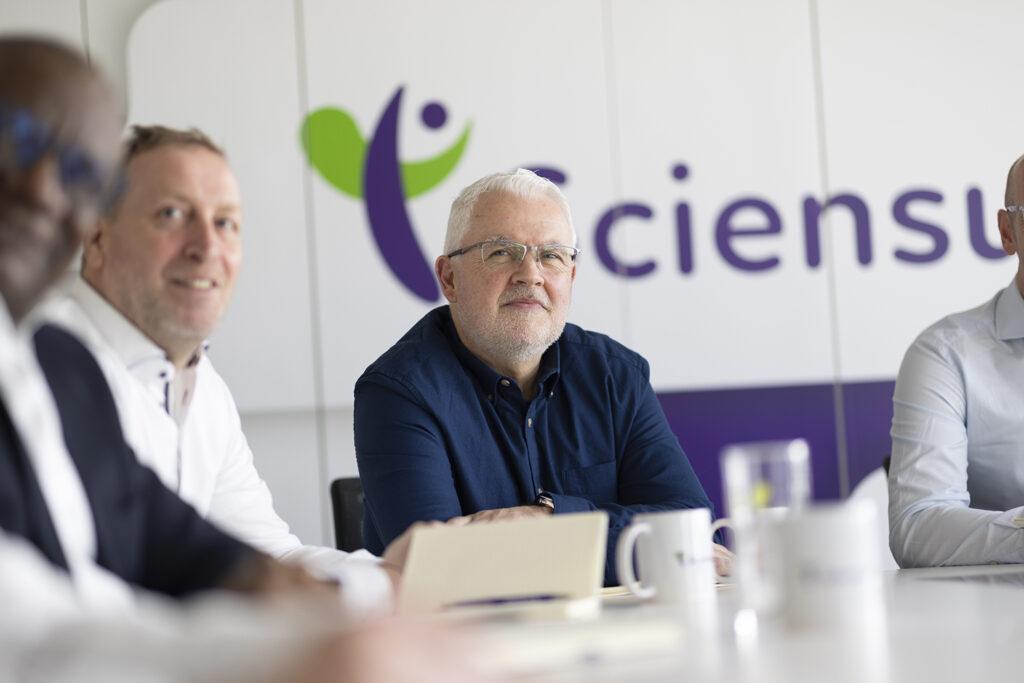
Four considerations before collecting real-world data in your EAP
Expanded access programs (EAPs) for rare disease medications present a valuable opportunity for biotechs to collect real-world data (RWD). In enabling patients to access promising treatments outside of clinical trials, EAPs offer a unique setting to gather data on how therapies perform in diverse, real-world populations. However, several key considerations must be addressed to ensure your RWD collection succeeds.
Collecting real-world data during an expanded access program
EAPs are an increasingly popular way to widen access to investigational and pre-approval medication. Along with supporting clinicians in meeting their patients’ needs, an EAP can help pharma and biotech companies collect valuable RWD. These programs allow patients with serious or life-threatening conditions to access drugs before their formal approval, often when no alternative treatments exist. For drug developers and healthcare providers, EAPs present a unique chance to gather valuable insights into a treatment’s safety, efficacy, and long-term impact in a real-world setting.
RWD collection is vitally important for rare diseases, where patient populations are small, and clinical trials may not capture the treatment’s impact on a diverse group of patients. This data can improve our understanding of how drugs perform outside the controlled environment of clinical trials, providing a better view of their effectiveness across different demographic groups and healthcare settings.
EAPs in particular enable us to monitor adverse events, drug interactions, and long-term outcomes in rare disease patients. This data can be used alongside clinical trial data to refine treatment regimes, improve patient care, and speed up the drug approval process. For pharma and biotech companies, the opportunity to collect RWD through EAPs can support health technology assessments (HTAs) and pricing negotiations by demonstrating the drug’s value in real-world use.
However, some HTA bodies are still skeptical about RWD, especially in terms of its practical application. That said, it’s widely recognized that a carefully designed and delivered EAP can offer valuable data that provides insight and highlights any opportunities for further studies. Some programs, such as the UK’s Early Access to Medicines Scheme (EAMS), emphasize the importance of systematically collecting real-world data to increase product knowledge beyond clinical trials.
Four crucial considerations before collecting data in your EAP
1. Clarify your objectives
Before collecting RWD as part of an EAP, you must define clear objectives. What type of data will provide the most value? Will it be focused on safety, efficacy, or quality of life? For instance, capturing data on a drug’s impact on a patient’s quality of life can help the design of interventions aimed at supporting treatment adherence and persistence. Understanding what data will be most meaningful for regulatory and market access purposes will shape the design of your EAP from the outset.
2. Understand existing knowledge gaps
Analyze what your clinical trial data has already demonstrated and identify any gaps that could be critical for future assessments, such as in HTAs or reimbursement discussions. If certain outcomes are not well-represented in clinical trials, RWD collection can help fill these gaps. Knowing how much is already known about the drug will inform your data collection priorities and ensure that you gather the most impactful information.
3. Align with stakeholder needs
Collaborating with healthcare providers, key opinion leaders, patient groups, and regulators is key to ensuring the data you collect is relevant and actionable. The input of these stakeholders will help determine the most appropriate methods for data collection, including the use of digital platforms to streamline the process. Engaging early with them ensures that data will meet the needs of all parties and supports a smoother regulatory and market access process.
4. Ensuring data quality and compliance
Data quality and compliance are crucial. You should establish robust processes for data management, including quality checks and adherence to privacy regulations such as GDPR. Clinicians who request compassionate use for their patients may also run local studies, adding another layer of complexity to data collection. You must ensure that all data is captured accurately and meets both ethical and regulatory standards.

About Sciensus
Sciensus is uniquely positioned to support biotech companies in setting up and managing EAPs for rare and ultra-rare disease drugs in Europe. Our deep understanding of the European regulatory landscape, combined with our insight into market dynamics, enables us to provide tailored support for each EAP. Whether it’s securing regulatory approvals, managing the supply chain, or collecting RWD, we offer end-to-end solutions that are customized to your unique needs.




